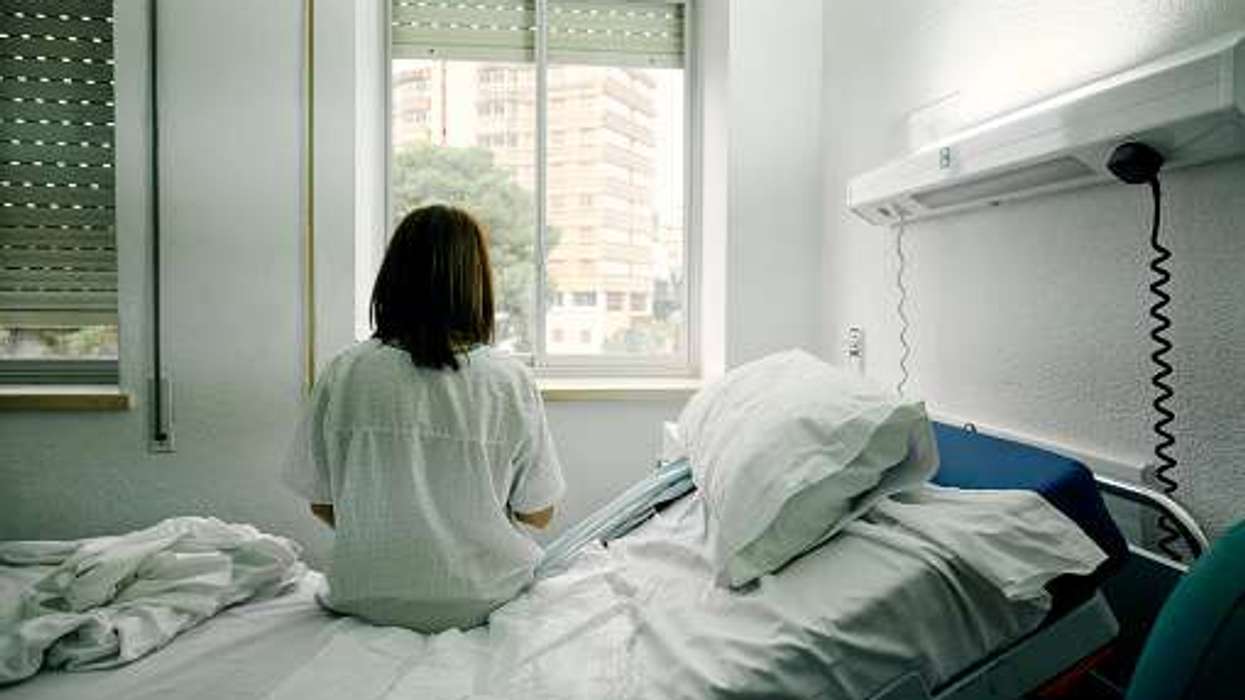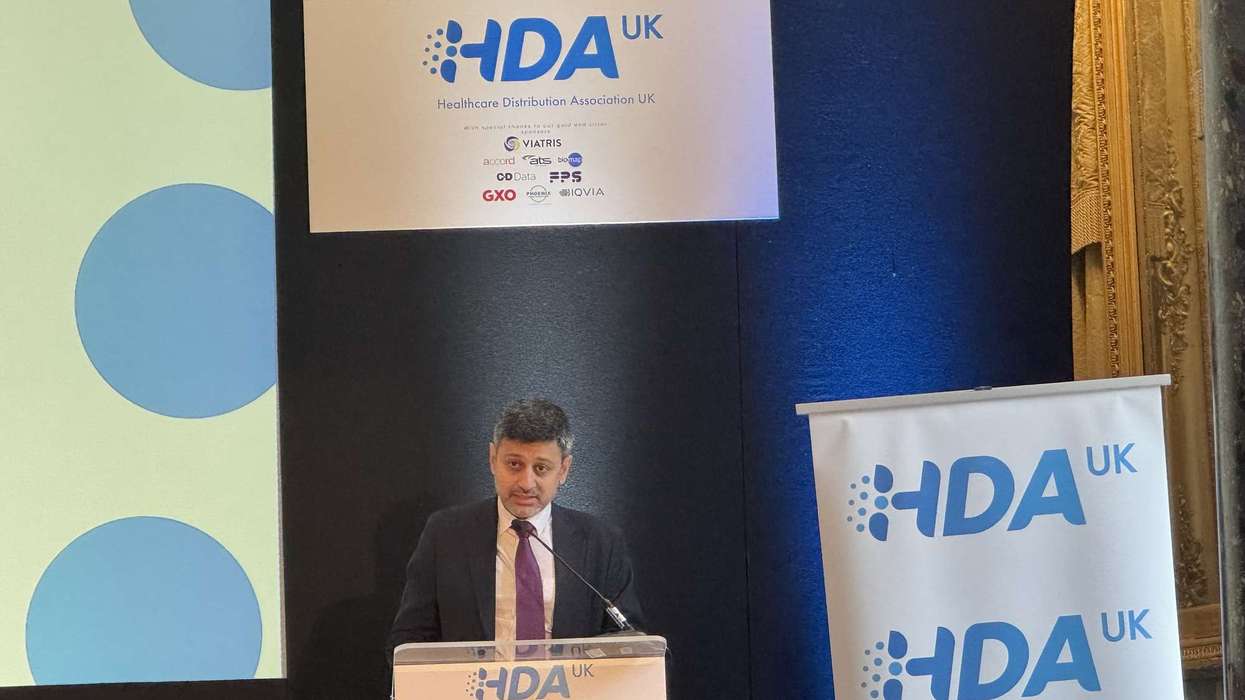The fusion of the unique in-depth understanding of medicines by pharmacists together with the competence to prescribe offers will improve access to care and increase capacity in the health system, said the Royal Pharmaceutical Society (RPS) Director for England Ravi Sharma to Parliament at the Health and Social Care Select Committee’s inquiry on workforce on Monday (May 23).
However, he also stated that a new workforce strategy must support and harness the skills of pharmacist independent prescribers in clinical care with investment in training, both for new and existing workforce; access to supervisors; protected learning and development time; and commissioning of services to make best use of independent prescribers across care settings, supported by appropriate prescribing budgets in community pharmacy.
“We’re about to see new generation of pharmacists independent prescribers that will make a huge difference to the clinical role of pharmacists to support patient care, but this must be underpinned by protected learning time and a more ambitious approach to commissioning new services to use their skills,” Ravi said.
He spoke to MPs in Parliament at the Health and Social Care Select Committee’s inquiry on workforce, highlighting the vital contribution of pharmacy teams during the pandemic and called for action to support the current and future workforce.
Some of the key issues highlighted in the parliament included, the risk of burnout and the need to help boost staff retention; staff wellbeing, including a zero tolerance of abuse from the public; the importance of professional development and protected learning time to enhance patient care and support rewarding careers; the potential of new pharmacist independent prescribers and the need for investment in the current workforce and the need for better workforce data and a pharmacy workforce strategy.
Ravi said, “Pharmacists and pharmacy teams have gone above and beyond during the pandemic to support patient care and it’s vital the workforce gets the support it needs.
“With pharmacy teams at risk of burnout, I’d urge the Government and NHS to address the key drivers behind staff wellbeing, alongside better workforce data to inform a comprehensive workforce strategy.
“Pharmacists will play a key role in the future NHS, including supporting patient access to primary care, which must be backed by long-term investment in education and training.”
In the written evidence to committee, RPS said, “The Government’s proposed workforce plan should consider the essential core roles and responsibility that must be delivered across all sectors of pharmacy to ensure a consistent level of service for the public.”
“Workforce planning must include collating transparent data around current roles and services which make up current workforce activity. Data should include workforce establishment, vacancy rates and turnover broken down by grades, roles, sector and geography. These data are required in order to provide the bigger picture alongside further information such as reasons for leaving roles, age profiles and Equality, Diversity and Inclusion metrics.”
RPS also stressed that investment is needed to train new pharmacy staff and upskill existing members of the team, matching skills to tasks. It added, “Career pathways, supported by credentialing, should continue to be developed and adopted to make all roles more attractive and rewarding, allowing all staff to develop and work to the top of their competence and ability.”
The Society suggested, “As demand for pharmacist expertise increases, the Government and NHS should re-energise investment in hospitals to implement the Carter Review recommendations, creating capacity for hospital pharmacists to spend more time on clinical services, patient safety and supporting colleagues in primary care and other settings.”











